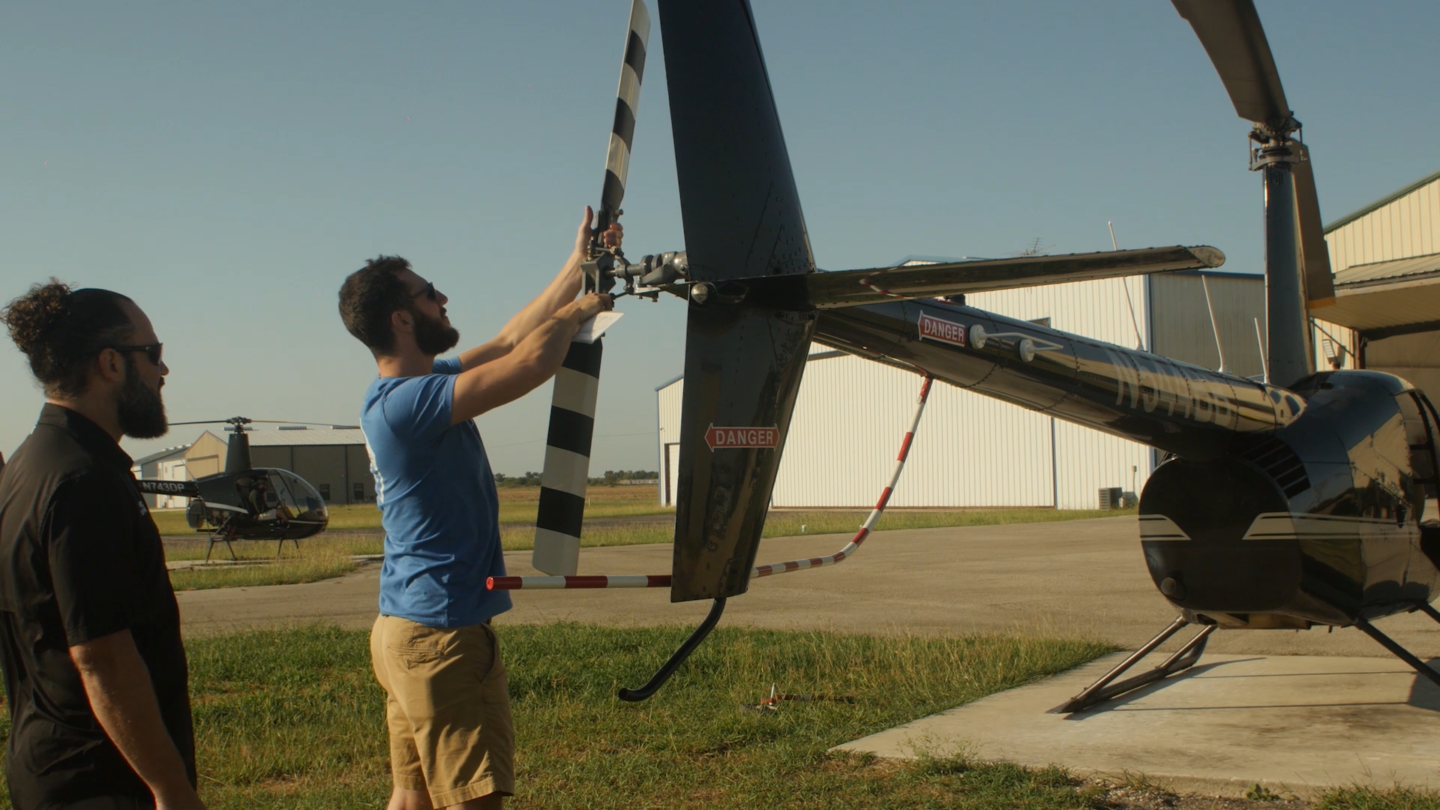Helicopter Safety
ALWAYS IN PURSUIT OF BEING THE SAFEST HELICOPTER SERVICE PROVIDER IN THE INDUSTRY.
Veracity Aviation has implemented many safety oriented policies and procedures for all operations to include software, maintenance regulations and pilot training.
Our first priority is safety. We give verbal training before all hog hunts, tours and other services, before you step foot into the helicopter. Any and all passengers are briefed upon arrival with proper safety guidelines in and around helicopters. Veracity also utilities a flight risk assessment tool that is filed before all flights to assess the level of risk of that flight. If the assessment tool finds the flight is too high of a risk due to anything from the amount of sleep a student had the night before to the wind speeds- that flight is denied dispatch.
Additionally, the helicopters under our certificate are routinely serviced and monitored for squawks and maintained at FAA Part 135 and 141 levels at our on-site FAA Part 145 Robinson Maintenance center. We are frequently audited and inspected by the FAA, scheduled and unscheduled, to ensure our logs, maintenance and records are up to date and per all manufacturer and FAA requirements.
Our Team
Our instructors and pilots at Veracity are evaluated every six months by the chief flight instructor for any safety or ops specs violations and bad habits. All pilots must attend Robinson safety school before being hired and usually do the course in their CFI training.
Many of our employees are prior military or business owners themselves so all have experience in customer satisfaction, prioritizing responsibilities and maintaining a level of professionalism for all of our customers. They are also required to keep a 1st class medical current even though it is not required by the FAA to ensure that everyone is healthy and capable of making adequate in-flight decisions. Our staff is also on the FAA Drug Abatement Program requiring pre-employment and random drug and alcohol testing for all employees in safety-sensitive positions.
Many of our pilots and mechanics attend additional training courses to ensure that our information stays current and moves forward with the industry in addition to maintaining current license, ratings and job titles.

